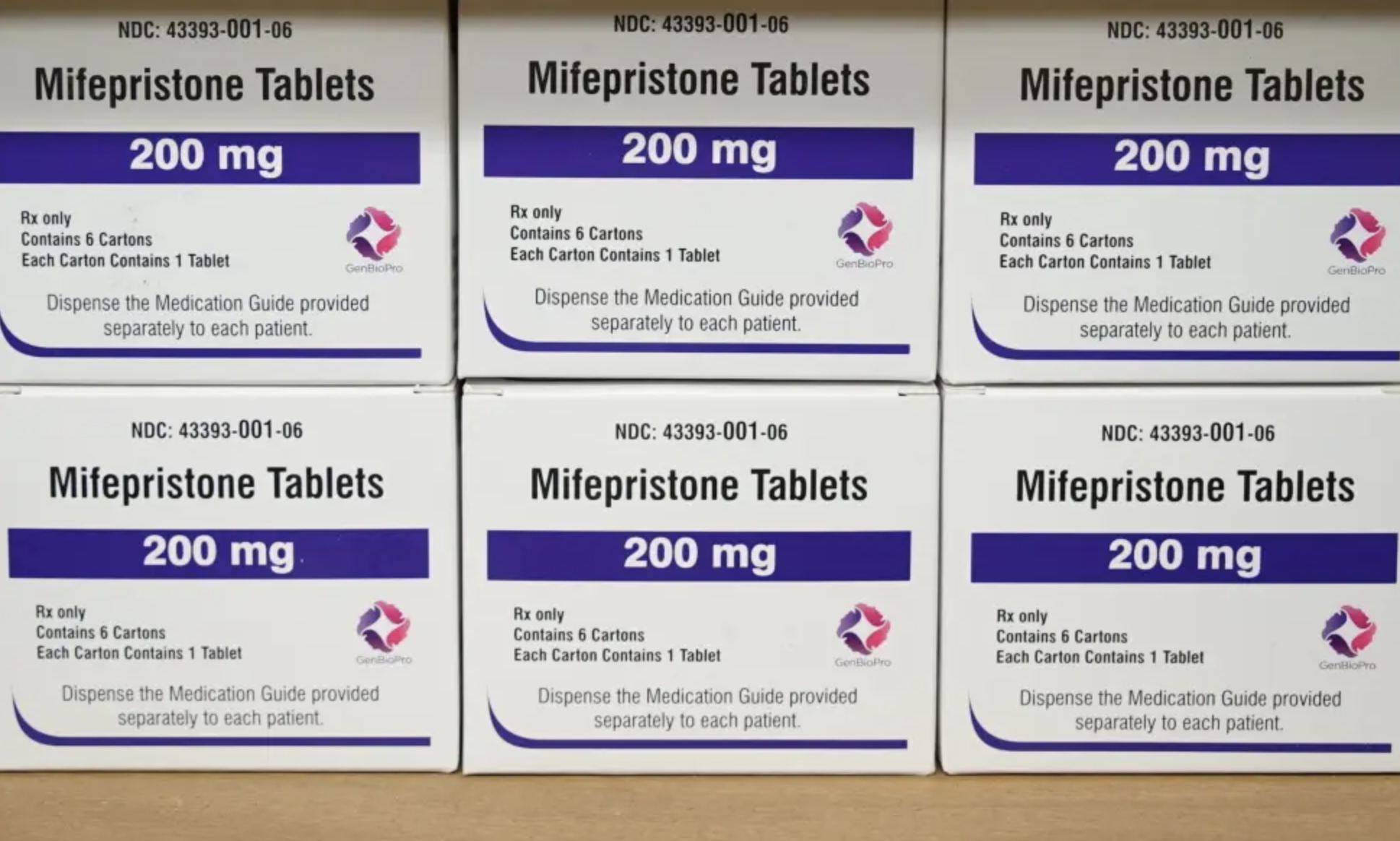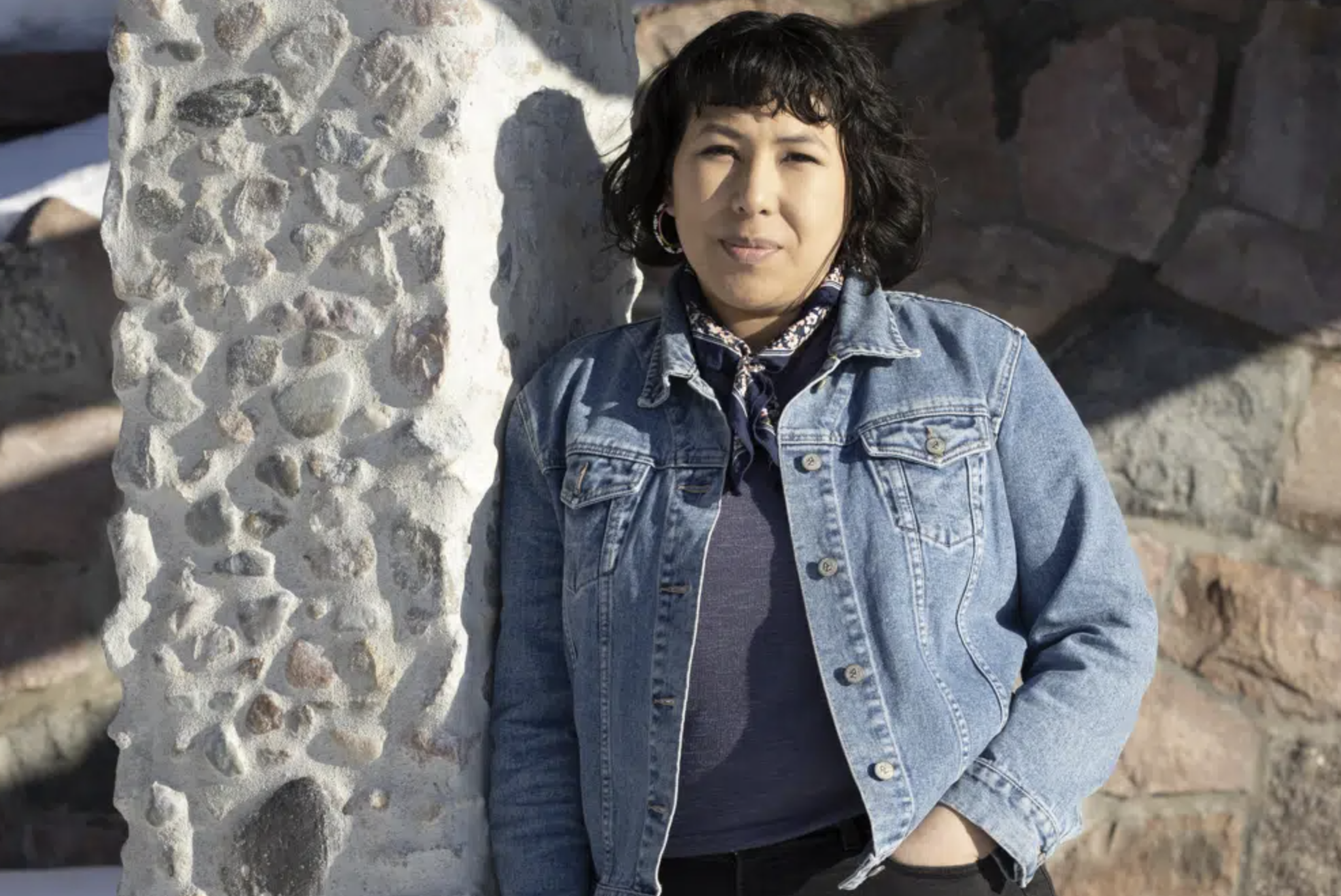Abortion debate creates ‘new era’ for state supreme court races in 2024, with big spending expected
The races have emerged as some of the most hotly contested and costliest contests on the ballot since the U.S. Supreme Court overturned Roe v. Wade, eliminating the consitutional right to an abortion. The decision shifted the abortion debate to states, creating a “new era” in state supreme court elections, said Douglas Keith, senior counsel in the judiciary program at the Brennan Center for Justice, which tracks spending in judicial races.
ACLU of Montana challenges law defining the word ‘sex’ in state code as only male or female
The ACLU of Montana has filed a lawsuit challenging a law that defines the word “sex” throughout state code as either male or female, based on a person’s biology at birth. The plaintiffs argue the law denies legal recognition and protections to people who are gender non-conforming.
Transgender health: Comparing model bills to real proposals
Some statehouse bills share similarities with Do No Harm’s model legislation and a 2021 Arkansas bill endorsed as a model by the Family Research Council. The model bills have similar preambles, including the assertion — rebutted by major medical organizations — that the risks of gender-affirming care outweigh its benefits.
Abortion clinics in 3 states sue to protect pill access
In recent years, the FDA has made mifepristone easier to get, dropping a two-decade-old requirement that women pick up the pill in person. But the FDA has repeatedly concluded that the remaining requirements — including prescriber certification and patient forms — are necessary.
In their lawsuit, the clinics argue that these restrictions “stigmatize and undermine access to medication abortion.”
Post-Roe, Native Americans face even more abortion hurdles
Getting an abortion has long been extremely difficult for Native Americans like Matson. It has become even tougher since the Supreme Court overturned Roe v. Wade.
New, restrictive state laws add to existing hurdles: a decades-old ban on most abortions at clinics and hospitals run by the federal Indian Health Service, fewer nearby health centers offering abortions, vast rural expanses for many to travel, and poverty afflicting more than a quarter of the Native population.
“That’s a lot of barriers,” said Matson, who lives in Sioux Falls and is Sicangu Lakota. “We’re already an oppressed community, and then we have this oppression on top of that oppression.”





